Moorpark College students involved in the “Student One Acts” were shocked and overwhelmed when the news of campus closure released in March, realizing that the plays that many had worked on all semester would not be performed in front of an audience. However, despite the challenges of a last minute transition and working in unfamiliar territory, the students were able to perform the plays virtually, through hard work and video uploading tutorials.
Before the announcement of campus closure, students prepared the one acts to be shown in front of a live audience at the end of the semester. Raphael Camua, student and director of “Before You Exit” expressed his feelings and challenges with the transition.
“This whole process pre-corona (pre-Coronavirus) was just this intensive experience that I’ve really enjoyed doing, and then once we got the announcement that campus was closing, I was very heartbroken about it, just because we put so much time and effort into this,” Camua shared.
Camua emphasized that many students this semester are a part of the “Student One Acts” for the first time, and were able to not only succeed but thrive under difficult circumstances. Camua’s cast even had to undergo a twelve hour Zoom meeting to record their lines.
“I personally feel like our cast was more confident and less scared because you don’t have that fear of going in front of a live audience and doing it in person, and I think just the comfort of their own home made it so much easier for them to get into their characters,” Camua revealed.
Sam Bailey and Brianna Csellak, directors of “The Tale of Tortilla” came up with the idea to portray their play using the video game “Sims 4.” Csellak explained the goal behind their idea.
“To have our actors still act, that was very important to us that we still wanted to see our actors on the screen. So we thought ‘Sims 4’ was the closest thing we could do to doing that, as well as getting the actions down that we had in the script already,” Csellak described.
Bailey expressed how the transition was a great benefit, “I was able to get the experience of making a piece of art and then presenting it to people, working with actors, trying to figure out how to communicate with them, and especially in the face of COVID having to learn how to overcome those obstacles.”
Isabelle Delman, director of “Agnodice” faced an especially big challenge during the transition to a virtual play. Delman experienced symptoms of COVID-19 and visited the doctor. Although Delman was not qualified to be tested, she was told that she most likely had coronavirus.
“I was really lucky to have pretty mild symptoms. I didn’t have to be hospitalized. It was just really kind of like two or three weeks of just not really being able to do anything, and then I was fine,” Delman shared.
Delman credited her assistant director, Maya Forster, for spending a lot of additional time helping out when she was sick. Forster took charge of gathering the actors’ lines and putting them together, after recording lines through Zoom did not work.
“By the end of the production she was pretty much like the director,” Delman said about Forster. “She put in so many extra hours of work to make it better.”
Professor Suzanne Fagan led this semester’s “Student One Acts.” Fagan expressed pride for the students’ creativity in facing the challenges that COVID-19 presented.
“These theater students are so collaborative it hurts my head because I could not come up with half of the things that they came up with,” Fagan shared.
This semester’s full list of “Student One Acts” are available to view on the MC Theater YouTube Channel.

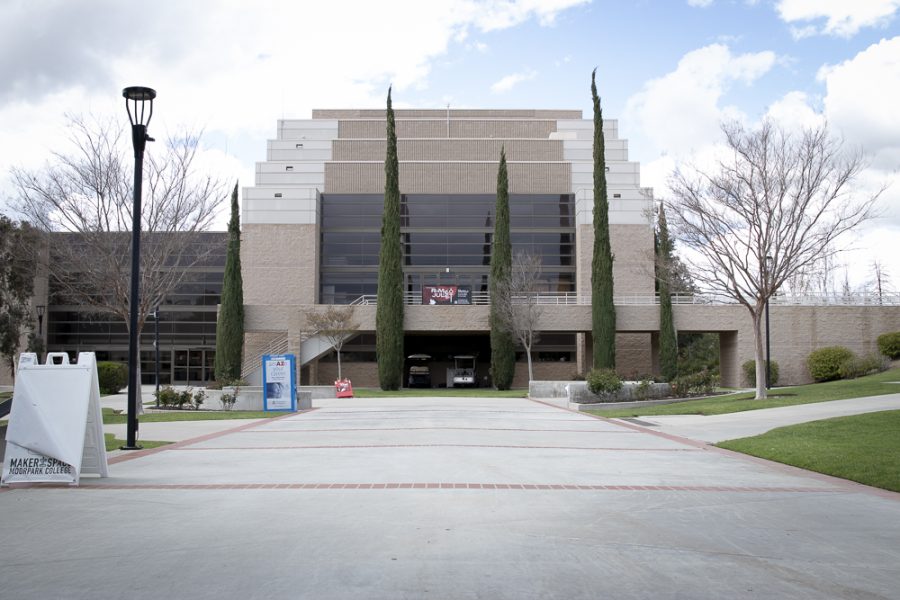


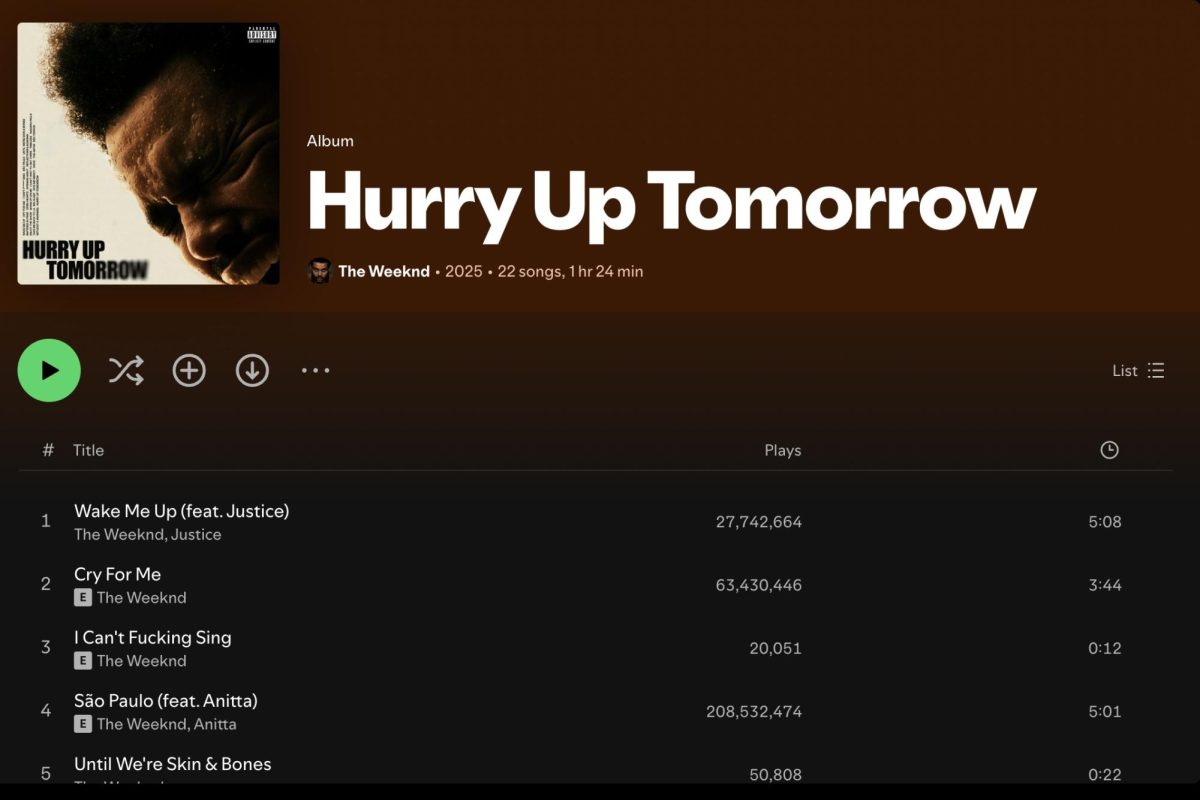

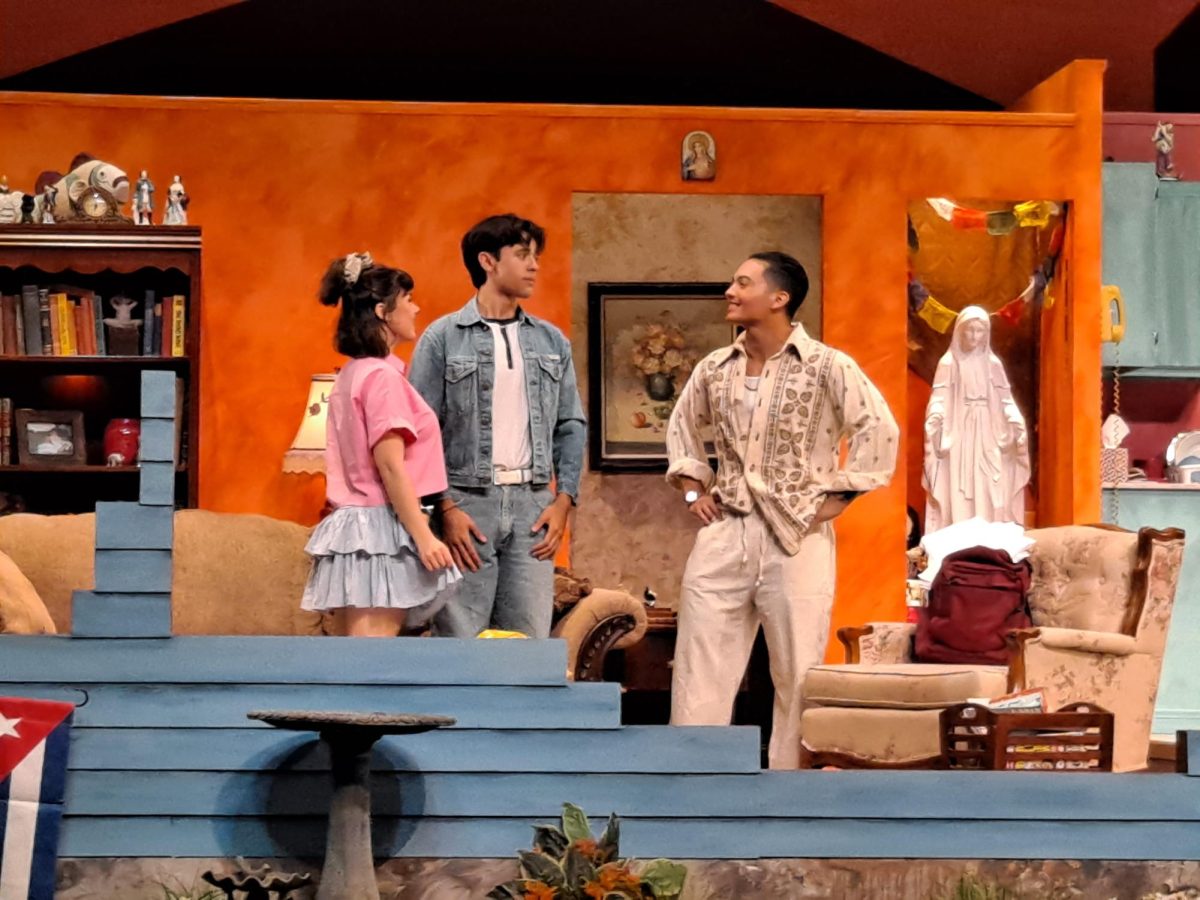
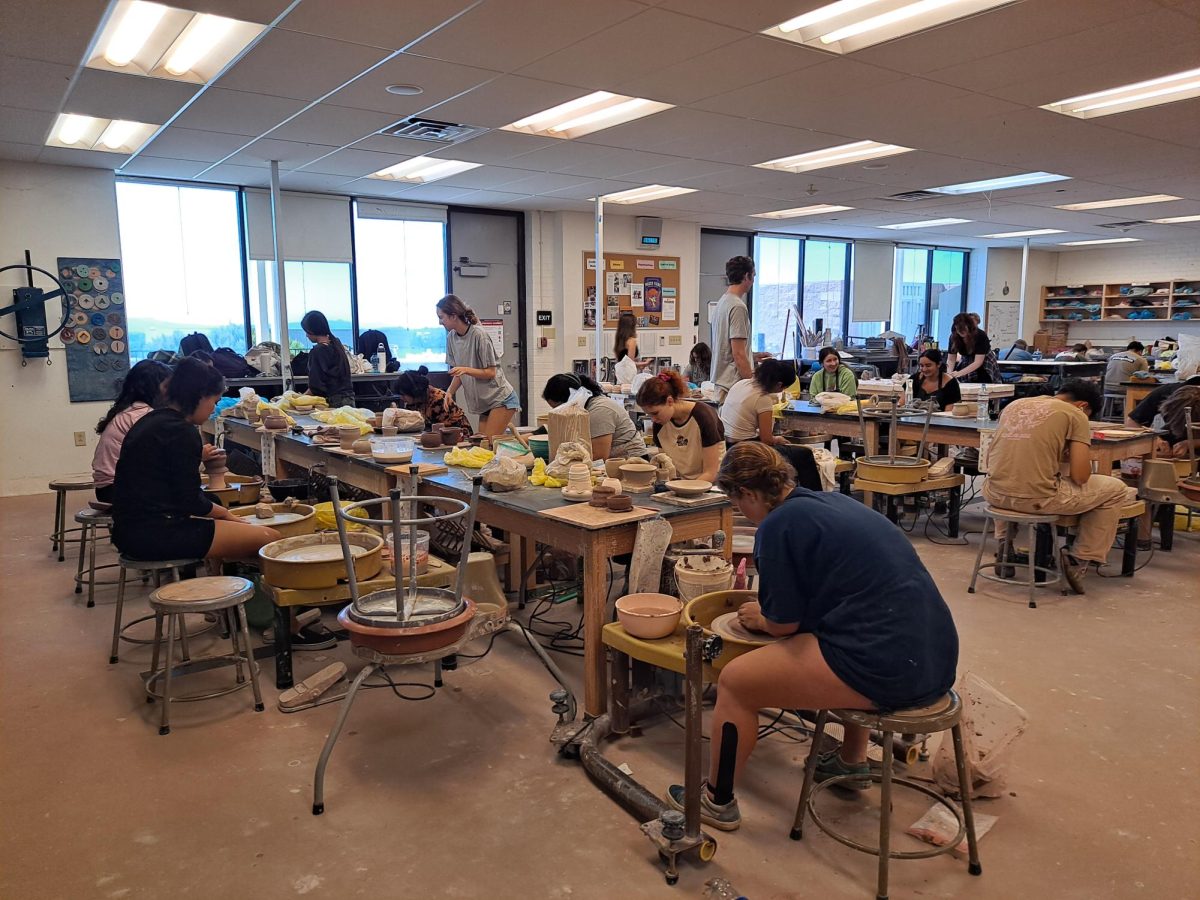

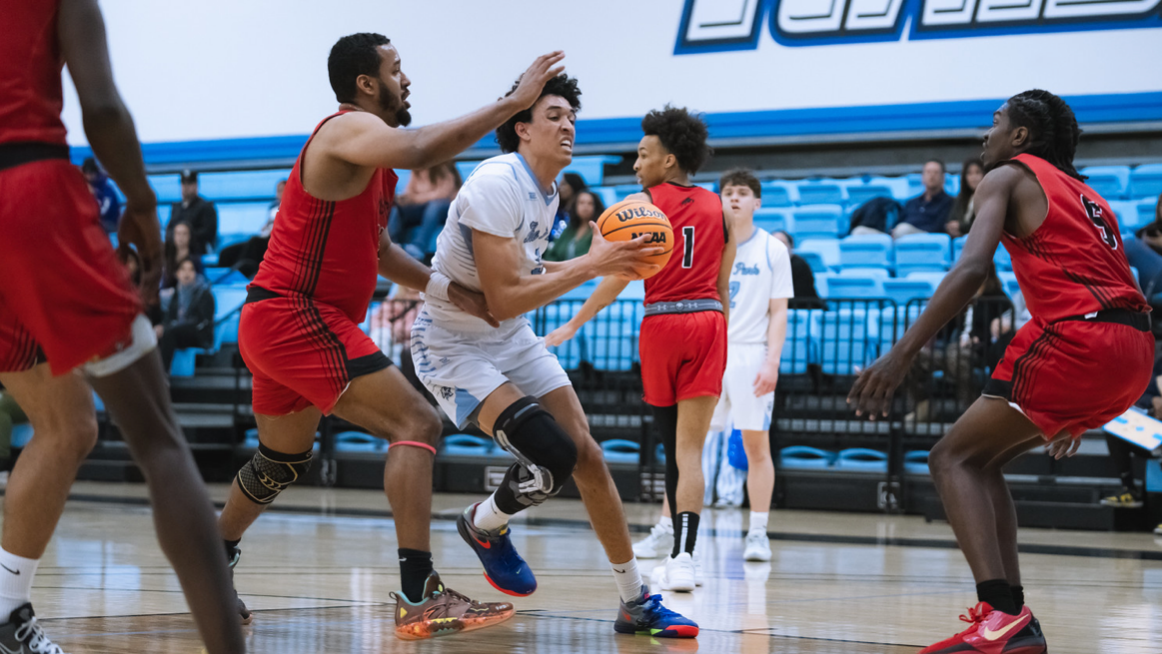
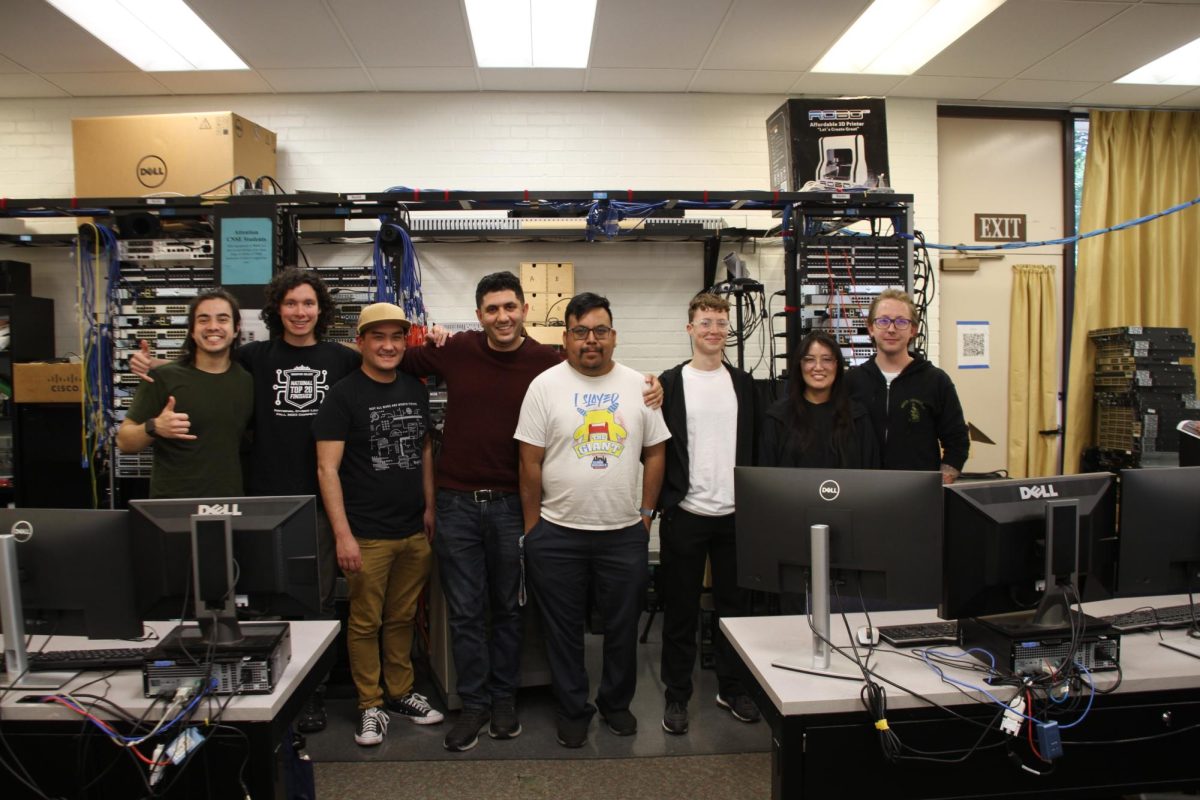


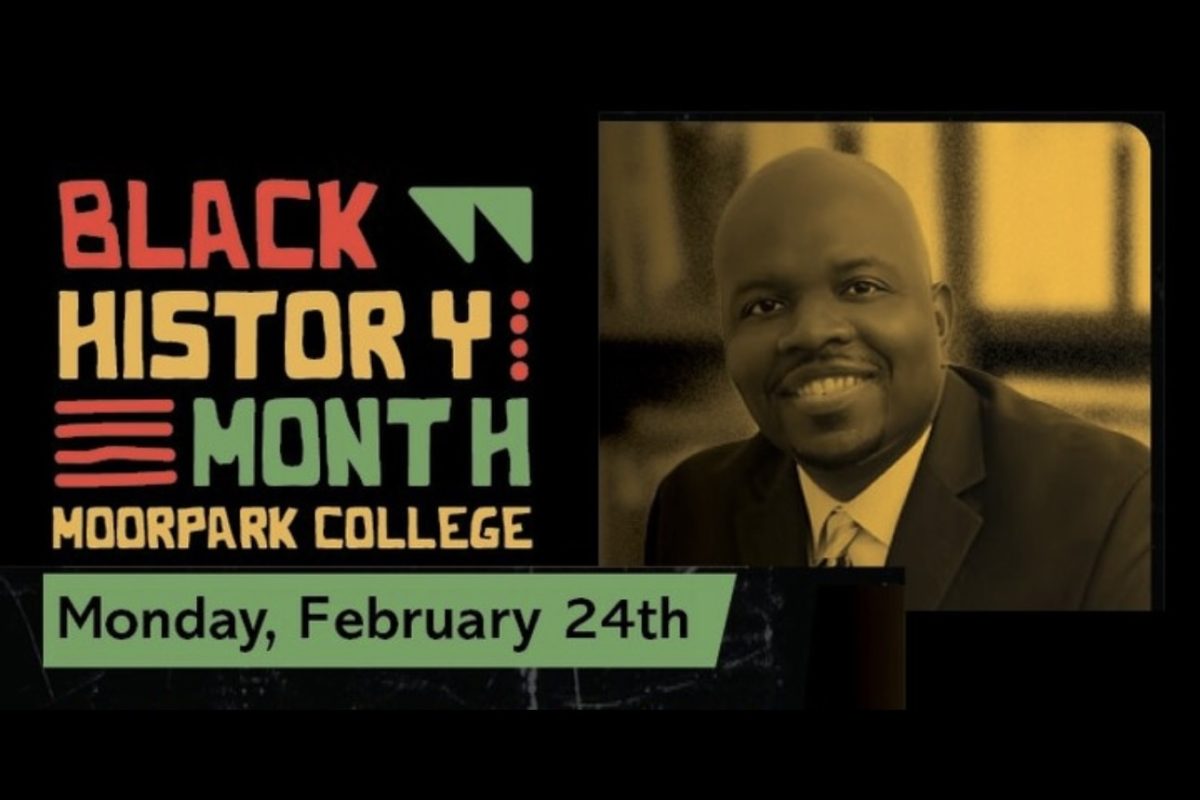

Vincent • May 26, 2020 at 3 -07:00.05.
Well written and informative. Keep up the good work!